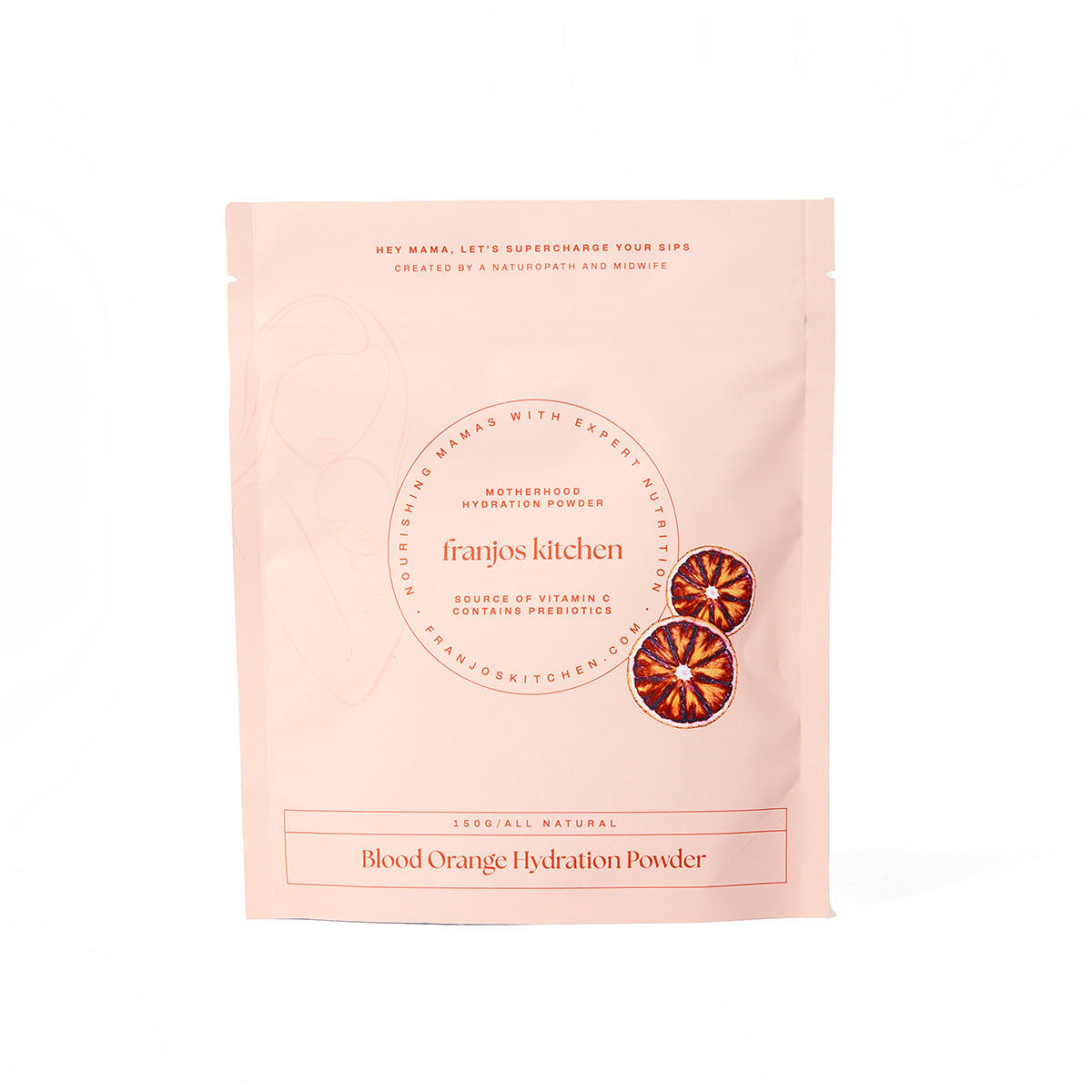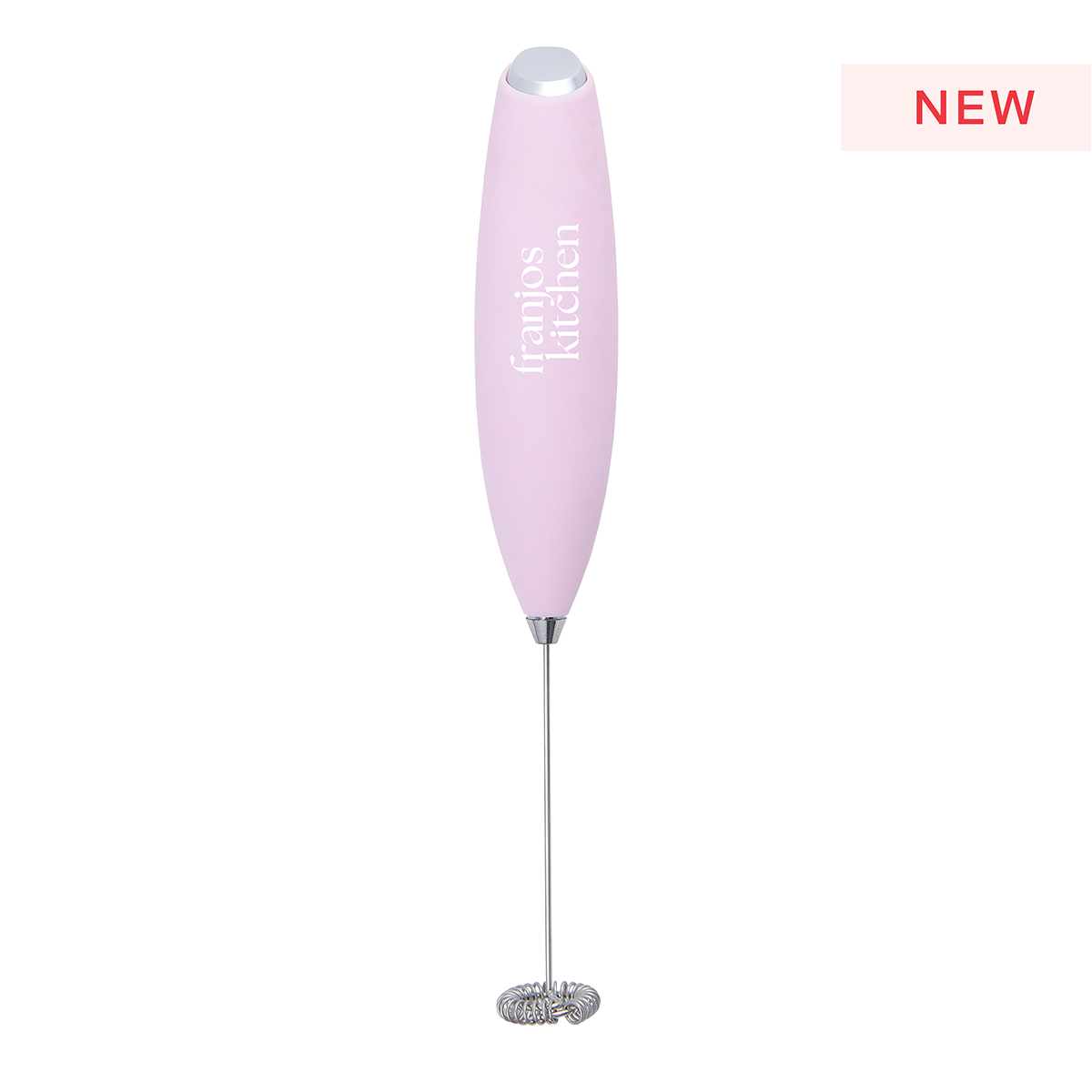Why is Hydration so Important During Pregnancy, Labour and Breastfeeding?
Water is needed for a variety of physiological functions and is essential for survival. A huge proportion of your body is made up of water, helping to absorb nutrients and flush out toxins. Keeping hydrated is important for everyone and everybody, especially through the perinatal period, from pregnancy to birth and lactation. Adequate water intake is also essential for your baby’s development.
Water maintains a state of balance in the body, so the amount of water you put into your body should be similar to the amount that is discreted out. Too much water or not enough water changes the balance and therefore your hydration status. Insufficient water intake causes dehydration which reduces cognitive and physical ability, as well as increasing risk of urinary and cardiovascular problems. Therefore, maintaining an optimal hydration status is vital for your health, and the health of your baby. When you are pregnant or breastfeeding, your body has a higher demand for you to drink more water due to the increased fluid requirements. You are at risk for dehydration due to a variety of reasons, including morning sickness, vomiting, your body working hard in labour and your body having to produce more fluid when breastfeeding.

During pregnancy, you have increased water requirements due to your changing needs and growing and carrying a baby. The recommendation for water intake during pregnancy is 12 glasses, or around 2.3- 3.1 litres per day. If you live or work in hot climates or are very active, you may even need to consume more than this. Changes in your body during pregnancy that cause your daily water requirements to increase include;
- Your body water increasing by around 6-8L due to amniotic fluid, placenta, your baby, your uterus and breasts and extracellular fluid
- Increased blood volume and the main component of blood is water
- Changes in your urinary system causes you to have increased urine volume
- Your breathing rate increases in pregnancy therefore you lose an increased amount of water through respirations
- Water balance is also effected by various hormones
Staying hydrated is vital during your pregnancy, especially at the end. You can go into labour at any time, and if you’re well hydrated when labour starts you’ll have more energy than you would if you were dehydrated.
During labour, your body is essentially on a marathon and it is super critical to keep your fluids up and hydrated throughout the whole race. Your body’s natural response to the stress of labour is to increase your metabolic rate. This means that you will lose more fluid through sweat and breathing. Majority of women also vomit during labour which contributes to fluid loss. If you become dehydrated during labour there is a chance your uterine contractions can decrease in strength and frequency as your blood volume decreases. Sometimes prolonged dehydration can also cause abnormalities in your baby’s heart rate pattern which can improve through rehydration with intravenous fluids. Therefore, water and fluids are extremely important for your body to function, labour to progress and to maintain adequate energy levels.
Ways to maintain your hydration during labour and the perinatal period:
- Take regular small sips of water if feeling nauseated
- Drink to thirst
- Add natural flavour to your water like slices of lemon or lime
- Suck on ice cubes or an icey pole
- Avoid dehydrating drinks that are high in sugar or caffeine
- Snack on fruit & vegetables high in water; watermelon, berries, grapes, cucumber
- Drink our Motherhood Hydration Powder to rehydrate, it's 100% plant-based and developed by a midwife and naturopath.
Electrolytes are encouraged by the World Health Organisation for effective rehydration. Electrolytes are minerals that are vital for many functions in the body; regulate muscle contractions, help balance your pH levels and are often recommended in regard to preventing dehydration. These electrolytes are mainly lost through sweating, vomiting and in your urine. Low electrolytes can result in fatigue, headaches, nausea, low blood pressure, muscle cramps and low energy. When electrolytes are replaced they help your body to absorb more fluid.
When breastfeeding or lactating, your water consumption needs to be increased (just like pregnancy). Breastmilk contains 87% water so for you to replace the fluid lost in your breastmilk, you should be aiming to drink on average an extra 700mL of water per day. If your baby has high demands of breastmilk or you are feeding twins or triplets, this water requirement may be increased.

As breastmilk production increases the amount of water you lose, maintaining water balance and minimising dehydration can be a challenge when you are lactating. Your body will always produce enough milk to meet the needs of your baby, even if that puts you at risk of dehydration. Placing a big drink bottle at your breastfeeding chair and ensuring it is always refilled is a great way to ensure adequate water intake when you are breastfeeding. Even setting remainders in your phone or notes on the fridge to remind you to drink water regularly if you easily forget. We highly recommend sipping on our Motherhood Hydration Powder to hydrate your hardworking body, as well as having easily accessible snacks that are high in water in the fridge ready to eat. Everything helps in keeping yourself hydrated and healthy mama.

Did you know, your body prefers water that has plant-based compounds and electrolytes in it. As a result, your body will absorb water that includes our hydration powder more readily than plain water. The result? Better hydration for your sipping efforts.



